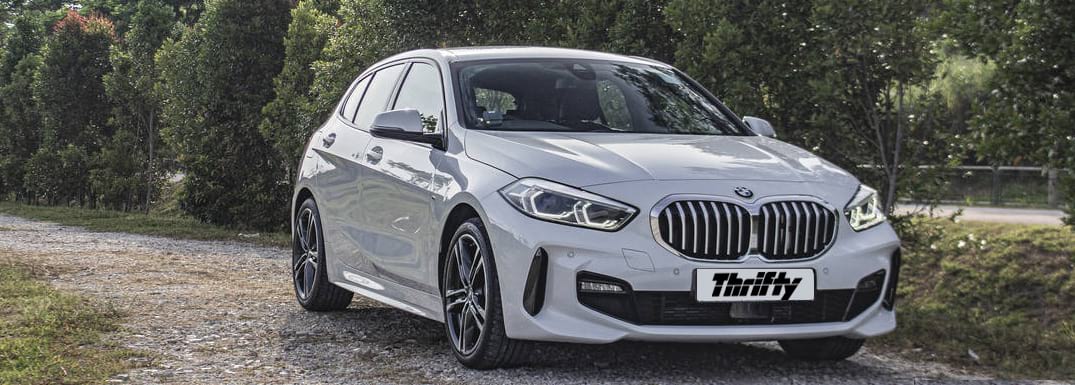Excellent Tips For Choosing A Car Rental Website
Excellent Tips For Choosing A Car Rental Website
Blog Article
What Do You Think Of The Insurance Coverage Provided By The Rental Firm For An Automobile?
It is essential to look over the options for insurance and coverage offered by the car rental company to avoid any unnecessary costs and make sure you're adequately secure. This article will help you look over the insurance policy when renting a car. Understand Basic Coverage- Start by understanding what insurance coverage is provided in the rental agreement. In most cases, rental companies offer basic liability insurance. This covers bodily injuries and property damage to third parties if you're responsible for an accident. The policy is subject to restrictions and deductibles.
Explore Additional Coverage Options. Many rental companies offer additional insurance plans as an addition to their base coverage to provide you with additional protection. There are two kinds of additional coverages that are commonly used- Collision Damage Waiver which will lessen or completely eliminate financial burden that you bear for damage caused to your rental car and Loss Damage Waiver which covers damage or theft to the rental.
Review the coverage limits and Deductibles. Check each insurance policy's coverage limits and deductibles. Determine the maximum amount the insurance company will pay in case of damage or loss, as well as the amount you'll have to pay for paying out from your pocket (deductible) before insurance coverage kicks in.
Review your personal insurance policies. Find out if your auto insurance policy or credit card will cover rental vehicles. Certain credit cards will cover rental vehicles with a additional insurance when you pay with the card. The same applies to rental cars. your auto insurance policy could cover rental cars, but it is contingent on the policy you have.
Examine your risk tolerance. Before deciding whether you should purchase additional coverage, consider your financial situation and your risk tolerance. It is possible to buy additional insurance if you are concerned is the possibility of loss or damage. You can save money by declining the insurance offered by the rental car company, if you have your own insurance coverage in place.
Inquire About Exclusions and Exceptions Inquire with the rental agency regarding any exceptions or exclusions from the insurance policy, for instance the restrictions on off-roading and drivers who are not licensed, or using the car for commercial purposes. Be sure to be informed of all the terms of the policy to avoid unpleasant unexpected surprises.
Document Existing Injury- Before signing the rental agreement take the time to thoroughly inspect the vehicle for any damage or signs wear and tear. Document any scratches, dents or other damages by taking pictures or video and putting it in the rental contract. You are protected from being held liable for damages that were already in place when you returned the vehicle.
When you take the time to review the insurance coverage and options that the rental firm offers and comparing them with your own, you can make informed decisions to ensure you have appropriate protection during your rental time while reducing unnecessary expenses. Follow the top rated car rentals examples for website advice including hire cars under 25, rent out car, car rental prices per day, renting a car under 25, vehicle rent, rent a car same day, best rental cars, 1 day car rental, place to rent a car near me, trip rent a car and more.
What Is The Best Way To Inspect The Car For Damages Or Signs Of Wear And Wear And
Inspecting the rental car for any damages or signs of wear and tear prior to accepting it is essential to avoid being held responsible for issues pre-existing prior to returning. Follow these steps for conducting a thorough inspections External Inspection:
Check the exterior body of the vehicle for any scratches, dents, and other damages.
Take extra care when you are driving with bumpers.
Check for chips or cracks on the windshield.
Check under the car to look for evidence of leaks or damage to the undercarriage.
Interior Inspection
All doors should be opened, including the trunk to inspect the inside of the vehicle.
Examine the seats for stains and excessive wear.
Test the adjustments of all seats, including the driver’s seat to make sure that they are working correctly.
Inspect the dashboard, steering wheel, and controls for any damage or malfunctions.
Verify the condition of HVAC systems, air conditioning systems, and ventilation.
Check the audio system, as well as any other electronic devices, such as lights, turn signals, etc.
Functional Inspection
Start your car and look to see if there are any warning lights or error message on the dashboard.
Test the brakes (if necessary), accelerator, and clutch to make sure that they function properly.
Make sure that all lights are functioning by turning off your headlights, brakes and high beams.
Test your windshield wipers as well as the washer fluid and horn.
Report any damage.
Record any issues or damages using a rental agreement provided by the company renting out your vehicle, or an app that you can download on your phone.
Take photos and videos of your vehicle from multiple angles. Make sure you concentrate on areas that are damaged or show signs of wear.
Please note the extent and location of any scratching, dents, and other damages on the rental contract form.
Before you accept the car Before you accept the vehicle, report any damage to the rental company representative's attention.
Report any damage:
Inform the agent at the rental company of any damage you might have discovered during the inspection.
They must document the damage and then send you a copy of the inspection.
Make sure that you as well as the representative of the rental company confirm the rental agreement or the inspection report to acknowledge the damage that has occurred.
If you follow these guidelines and thoroughly examining your rental vehicle for any damage or indications of wear and tear prior to taking it in, you will protect yourself from liability and ensure a smoother rental experience.
What Should You Consider When It Comes To The Terms And Conditions For Returning Your Rental Car?
When reviewing the terms and conditions for returning the rental car it's important to consider several elements to guarantee a smooth and effortless return process. These are the key things to keep in mind. The designated drop-off location Check where the rental agreement specifies the location. Returning the rental vehicle at the right location, as stipulated by the rental firm is crucial. A lot of rental companies provide several drop-off locations like rental offices or airport terminals. Therefore, it is essential to confirm the exact address.
Check out the return time specified in the rental contract. Rental companies typically provide the time, date and location of the vehicle. To avoid any penalties or fees for late payments make sure you return the vehicle by the deadline specified.
Check out the policy of the rental company on late returns, and any penalties. Returning the vehicle after the agreed return time can result in late fees, additional costs or penalties. Certain rental companies will charge you a whole day of rental every day, or a partial day, if the car was returned late.
Find out regarding Extension options. If you plan to rent the vehicle for a longer amount of time than planned inquire about extensions. Certain rental companies permit renters to extend their rental time depending on availability and any additional fees. You can request a rental extension by calling the rental firm ahead of time.
Return Condition Requirements - Familiarize your self with the conditions for returning a rental car in a good condition. Rental agreements typically specify that the vehicle be returned as it was when it was rented. Make sure you follow the instructions regarding cleaning the vehicle and removing personal items before returning it.
Inspect the Vehicle Upon Return Perform a final inspection of the vehicle you rented prior to returning it to the rental company. Examine for any new damage or problems that may be present during the rental period. Bring any new damages or issues to the rental company representative's attention.
Return Process- Be familiar with the return process as well as any documentation or processes that must be followed to return the rental car. Follow the directions given by the rental company to assist in returning the keys, including the necessary paperwork and getting a final receipt or a confirmation of return.
If you review these terms and conditions and consider the factors listed above, you will be able to meet the requirements of any rental company and avoid penalties or complications.